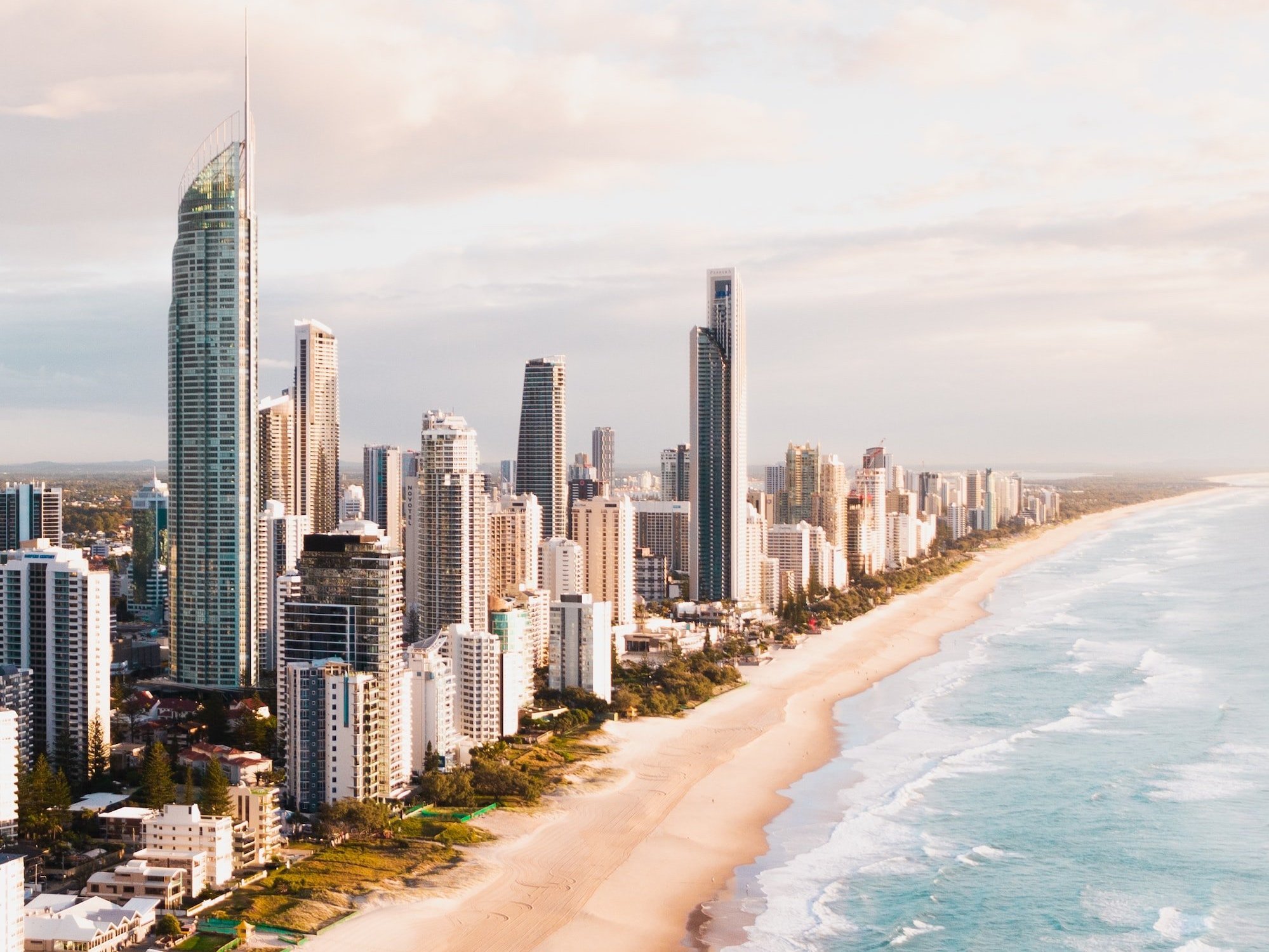U.S. incentivizing domestic manufacturing of lithium-ion batteries
🔋 Let’s get manufacturing.
China and Europe are far ahead of the United States in terms of manufacturing electric batteries for electric vehicle usage, but the United States is aiming to make ground with the Inflation Reduction Act. The legislation, signed into law by President Joe Biden, offers incentives for U.S. companies to domestically manufacture lithium-ion batteries and offers tax credit qualifications for sourcing materials needed for EV batteries on U.S. soil. Seeing the writing on the wall, many companies are throwing their hat in the ring, hoping to reap the financial benefits of a rapidly growing market.
After a few intense days, the fire that blazed in the cargo hold of the Genius Star XI - a huge cargo ship hauling lithium-ion batteries from Vietnam to sunny San Diego - is finally out.
The development of a European battery supply chain for electric vehicles independent of China is facing significant delays as companies shift their focus to the US market due to clean energy subsidies offered by the US Inflation Reduction Act.
Toyota is committing an additional $8 billion to its battery manufacturing facility in North Carolina, marking the largest investment by a foreign automaker in the United States since the passage of the Inflation Reduction Act (IRA) in 2022.
The United Auto Workers (UAW) union has announced that General Motors (GM) has agreed to include the company's battery plant workers in the union's national contract, marking a significant development in the ongoing strike against major automakers.
A recent analysis conducted by Nikkei Asia and Tokyo’s Fronteo has revealed that nearly 40% of the suppliers for materials used in Tesla's batteries are Chinese companies.
A ship fire off the Dutch coast that lasted almost a week originated in the upper decks where cars were stored, as stated by the CEO of the salvage company involved.
A recent fire incident on the car carrier, Fremantle Highway, carrying electric vehicles and lithium-ion batteries, has brought attention to the safety concerns associated with transporting products containing such batteries in the logistics industry.
During a visit to South Carolina, President Biden emphasized the need to bring critical manufacturing processes, such as semiconductor production and battery supply chains, back to the United States to compete with China.
Toyota has announced a significant breakthrough in battery technology that could revolutionize the electric vehicle (EV) industry.
Researchers in California are investigating the potential of using battery systems in battery-electric locomotives to store power for the U.S. power grid.
China's proactive approach to securing lithium supply from Africa is proving fruitful as it navigates a tight global market for the crucial metal used in electric vehicle (EV) batteries.
The Southeastern region of the United States, known as the "New New South," is experiencing a significant economic shift with the rise of electric-vehicle factories and battery plants.
Ford's ambitious plans for battery plants in Tennessee and Kentucky, aimed at manufacturing electric vehicles and EV components, are set to receive a record-breaking $9.2 billion federal loan from the U.S. Department of Energy.
Form Energy's CEO, Mateo Jaramillo, discusses how iron-air batteries could revolutionize renewable energy, enabling 24/7 electricity production and reducing reliance on polluting energy sources.
When Gia Mora made a commitment in 2021 to fly only once every three years for environmental reasons, she faced challenges in long-distance travel.
Schneider National Inc. has inaugurated a new electric charging depot at its South El Monte Intermodal Operations Center in California to support its fleet of approximately 100 battery-powered Class 8 trucks, specifically the Freightliner eCascadia battery electric trucks (BETs).
A report by the Business and Human Rights Resource Centre (BHRRC) has revealed that major carmakers Tesla and Toyota are using batteries sourced from mines associated with human rights violations in Indonesia and the Philippines.
Haulers and vehicle manufacturers anticipate a surge in regulatory demands and anticipate challenges due to a constrained supply of battery-electric trucks.
Apple has recently declared that by 2025, they will use 100% recycled cobalt in their batteries, as well as all their magnets to be made with recycled earth elements.
Transportation of Lithium-ion batteries is a challenge for even the most seasoned logistics company.
Stellantis, the parent company of Chrysler, is being awarded taxpayer subsidies by Indiana for building a battery manufacturing plant in the state for several reasons.
Despite being a major player in the automotive industry, the United States has been slow to invest in car battery materials and production compared to other countries, particularly in Asia.
The U.S. Coast Guard issued an official warning to the shipping industry regarding the loading of electric vehicles with damaged Lithium-ion batteries onto vessels traveling through salt water.
The U.S. has significant domestic reserves of many of the minerals used in battery production, including lithium, cobalt, and nickel.
Per their agreement, GM will be funneling $69 million into the mineral company to source the highly-valued battery materials needed to create batteries for electric vehicles.
China and Europe are far ahead of the United States in terms of manufacturing electric batteries for electric vehicle usage, but the United States is aiming to make ground with the Inflation Reduction Act.
Currently, the country is set up to absorb 20% of the world's lithium refining capacity within the next five years.
The Senate passed the CHIPS and Science Act this past Wednesday, gaining approval from industry groups lobbying for solutions to the semiconductor shortage.
General Motors Co. and Ford Motor Co. are working overtime to secure deals for key materials needed to develop batteries for electric cars.































Tragedy struck New York as journalist Fazil Khan, 27, lost his life in a devastating apartment fire caused by a micromobility device's lithium-ion battery.